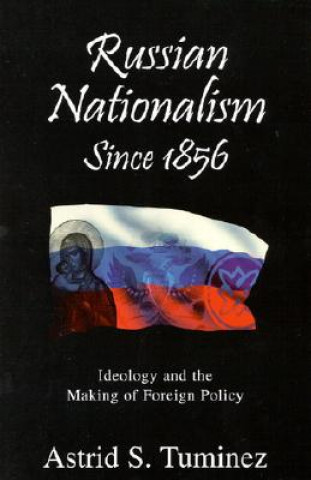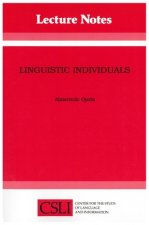
Livrare
Consilier de cumpărături





Nu se pretează? Nu contează! La noi puteți returna bunurile în 30 de zile
 Voucher cadou
orice valoare
Voucher cadou
orice valoare
Cu un voucher cadou nu veți da greș. În schimbul voucherului, destinatarul își poate alege orice din oferta noastră.
Russian Nationalism since 1856
 engleză
engleză
 461 b
461 b
30 de zile pentru retur bunuri
Ar putea de asemenea, să te intereseze


Many scholars and analysts see Russian nationalism as a dangerous force, but is widespread concern about the malevolent effects of Russian nationalism-especially on foreign policy-justified? What is the record of nation-building in Russia, and how did nationalism evolve in the multiethnic, Russian empire? What variants of nationalist ideology have been propagated in Russia, and what are their benign or aggressive implications for foreign policy? What triggers the articulation of aggressive nationalism, and what factors facilitate its influence on Russian foreign policy? What Western actions might help or hinder the impact of aggressive nationalism on Russian international behavior? This thoughtful book answers these questions by exploring the range of nationalist ideas that have been propagated in Russia since 1856. Drawing on a wide range of archival documents and unparalleled interview material from the post-Soviet period, Astrid S. Tuminez analyzes two cases-Russian panslavism in 1856-1878 and great power nationalism in 1905-1914-when aggressive nationalist ideas clearly influenced Russian foreign policy and contributed to decisions to go to war. Yet not all forms of nationalism have been malevolent, and the author assesses competing nationalist ideologies in the post-Soviet period to clarify the conditions under which a particularly belligerent nationalism could flourish and influence Russian international behavior. With its implications for U.S.-Russian relations, this study will be essential reading for policymakers and Russia scholars alike.
Informații despre carte
 engleză
engleză




 Cum să cumpăr
Cum să cumpăr




















